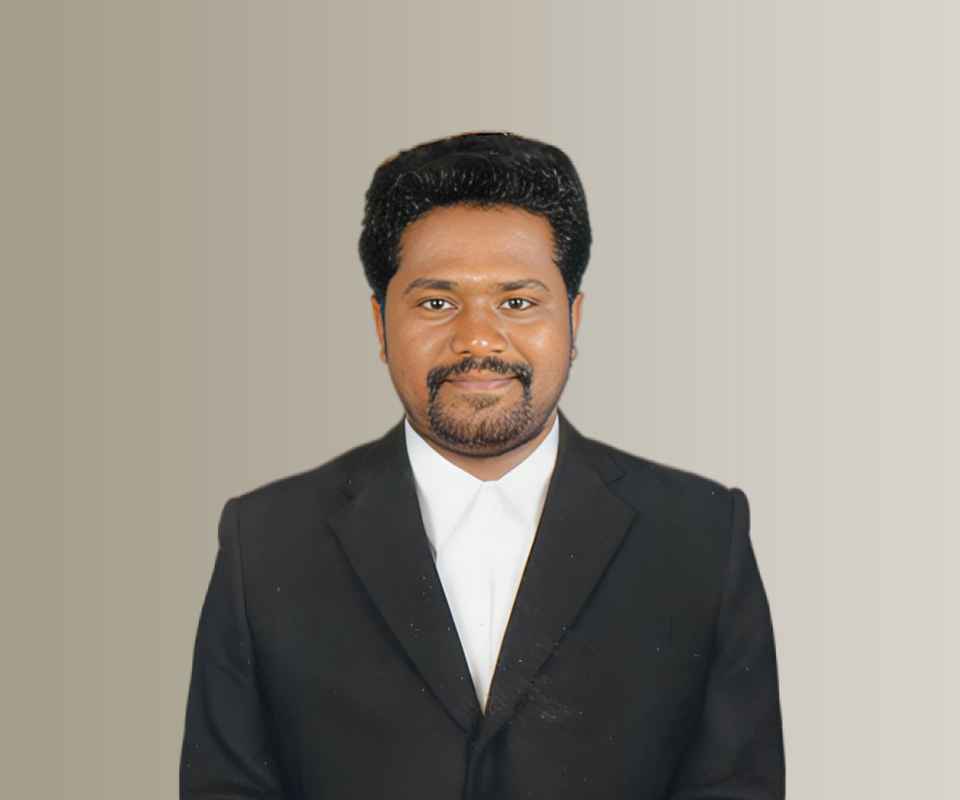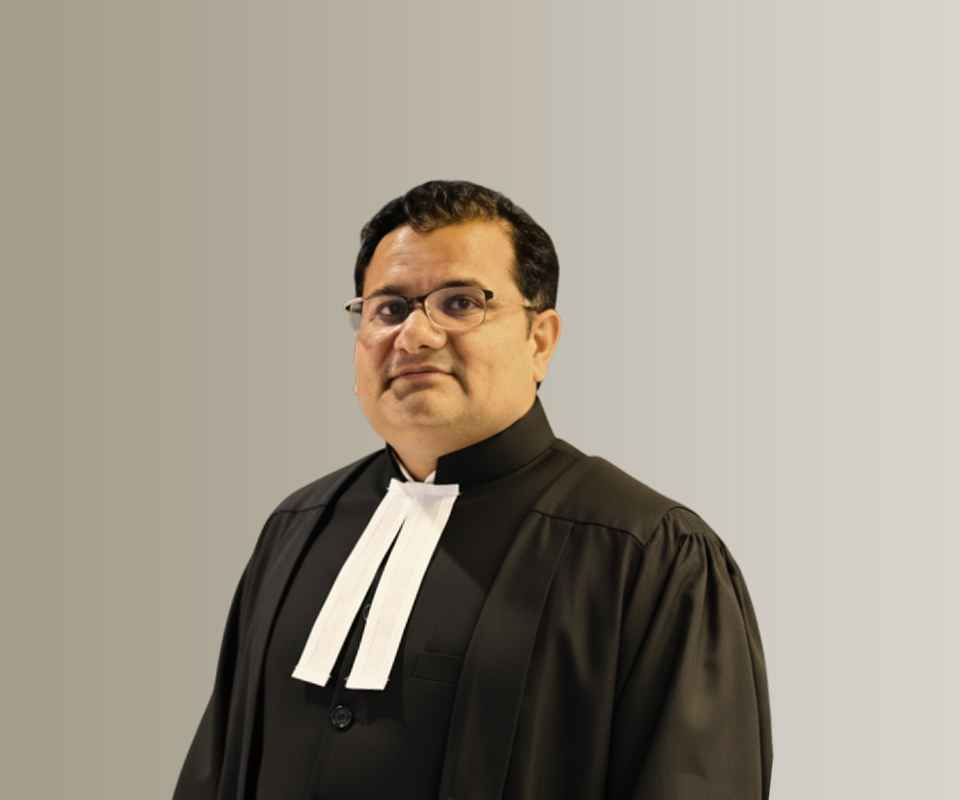Answer By law4u team
Yes, individuals can sue the government for constitutional violations in public civil law cases. In many countries, including India, the constitution serves as the supreme law of the land and provides fundamental rights and protections to citizens. If a government action or policy violates these constitutional rights, individuals affected by such violations have the right to seek redress through the legal system. In India, Article 32 of the Constitution grants individuals the right to move the Supreme Court for the enforcement of their fundamental rights. Similarly, Article 226 allows individuals to approach High Courts for writs, including writs of mandamus, certiorari, prohibition, habeas corpus, and quo warranto, for the enforcement of fundamental rights and other legal rights. These provisions empower individuals to challenge government actions or decisions that infringe upon their constitutional rights or are otherwise illegal or arbitrary. When individuals sue the government for constitutional violations in public civil law cases, they typically seek remedies such as: Declaration of Rights: Courts may declare that a particular government action or policy violates the constitution and infringes upon the fundamental rights of the affected individuals. Injunctions: Courts may issue injunctions to prevent the government from continuing or implementing actions that are unconstitutional or unlawful until the matter is resolved through legal proceedings. Compensation: Individuals may seek monetary compensation for damages suffered as a result of the government's unconstitutional actions or policies. This compensation may include financial losses, physical or psychological harm, and other forms of damages. Quashing of Orders: Courts may quash or set aside government orders, decisions, or actions that are found to be unconstitutional, illegal, or ultra vires (beyond the legal authority of the government). Public Interest Remedies: In cases involving systemic or widespread violations of constitutional rights, courts may fashion public interest remedies aimed at addressing underlying issues, ensuring accountability, and preventing future violations. It's important to note that suing the government for constitutional violations in public civil law cases can be complex and challenging, and individuals may face procedural hurdles, legal defenses, and limitations on the scope of judicial review. However, the constitutional framework provides a vital mechanism for holding the government accountable and upholding the rule of law, ensuring that constitutional rights are respected and protected.









